PACES in Epilepsy helps adults manage their epilepsy and learn strategies for emotional and community adjustment. Need help with epilepsy? PACES is a free, virtual 8-week psychoeducational group for adults diagnosed with epilepsy. Throughout the program you will learn self-management strategies for different topics each week and learn from other community members.
Program Highlights
Session Topics
CONTACT:
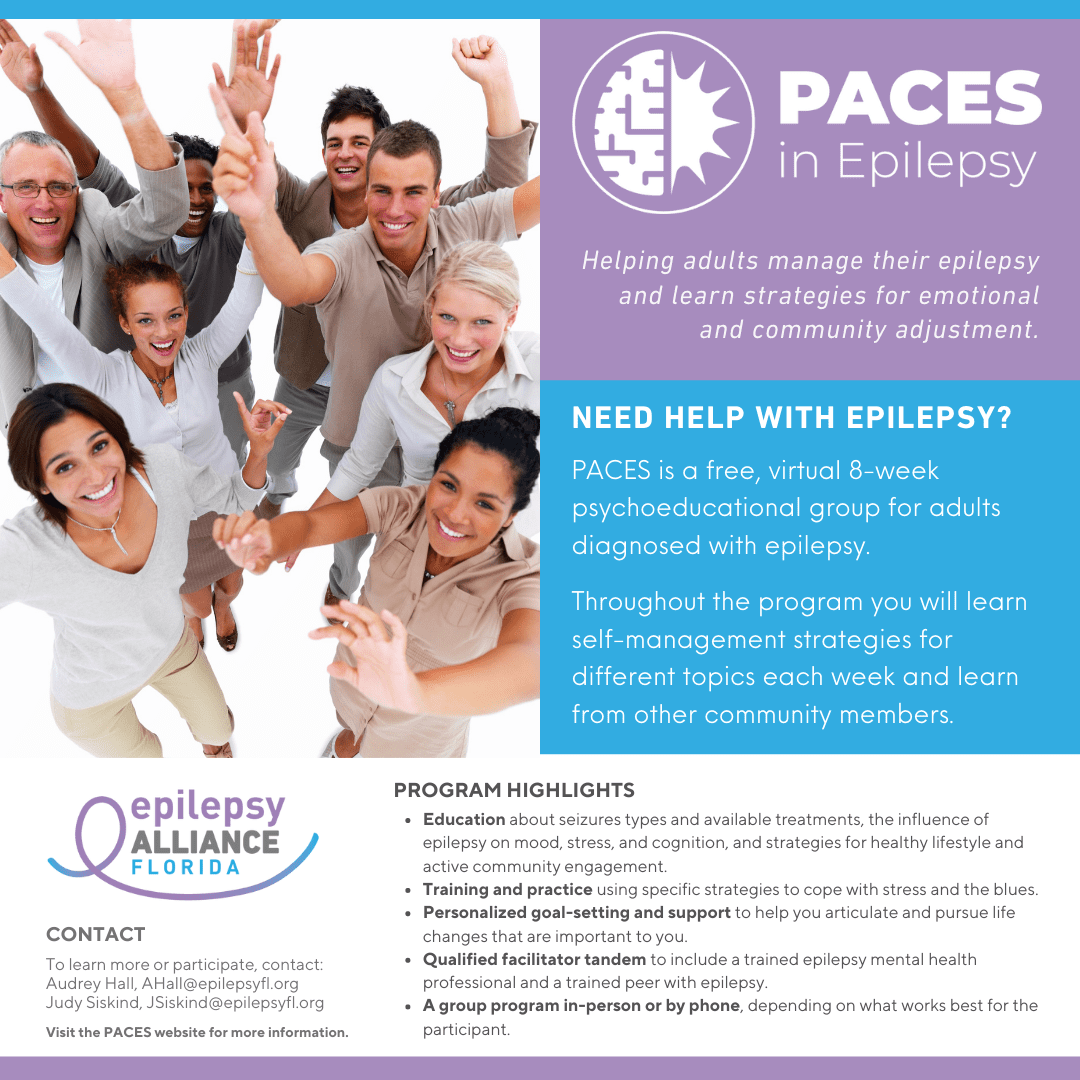 Print flyer here.
Print flyer here.
About PACES Many people with epilepsy, also known as seizure disorder, do not have access to self-management supports to help them manage this condition. The Program for Active Consumer Engagement in Self-Management (PACES) can help them learn the skills they need to manage their epilepsy and its treatment. PACES was developed by researchers at the University of Washington Prevention Research Centerexternal icon as a way to improve self-management and address mental health problems in adults with epilepsy. About 2.4 million adults in the United States have active epilepsy. Challenges for this population can include a limited understanding of the condition and its treatment; issues related to emotional and social well-being and stigma; and limitations in work, school, sports, and social activities.
PACES in Action A study found that adults with epilepsy who participated in PACES (2010-2013) were more confident in their ability to manage their epilepsy than the comparison group of adults who did not participate in the PACES study. After 6 months, they showed improvements in their understanding of their condition and their ability to manage medication side effects like fatigue.
Epilepsy self-management programs delivered by phone or online could also improve health and quality of life for people in rural areas.
PACES in Rural Areas The University of Washington PRC is also working with local partners to adapt and evaluate how PACES can be used to help adults with epilepsy in rural areas of Wyoming, Montana, and Idaho. Many states restrict the ability of people with epilepsy to get a driver’s license, which limits their options for travel. In addition, people living in rural areas have longer travel distances between their homes and the services they need, making it difficult to get timely care. Self-management programs delivered by phone or online could improve the health and quality of life of people with epilepsy. The University of Washington HPRC is also working to improve the quality of life for people with epilepsy through its membership in the Managing Epilepsy Well (MEW) Networkexternal icon. MEW network members work together to develop and test epilepsy self-management tools and programs.
Resources Learn more about epilepsy self-management resources, including free webinars and podcasts with epilepsy experts:
Source: https://www.cdc.gov/prc/study-findings/research-briefs/paces_program.html


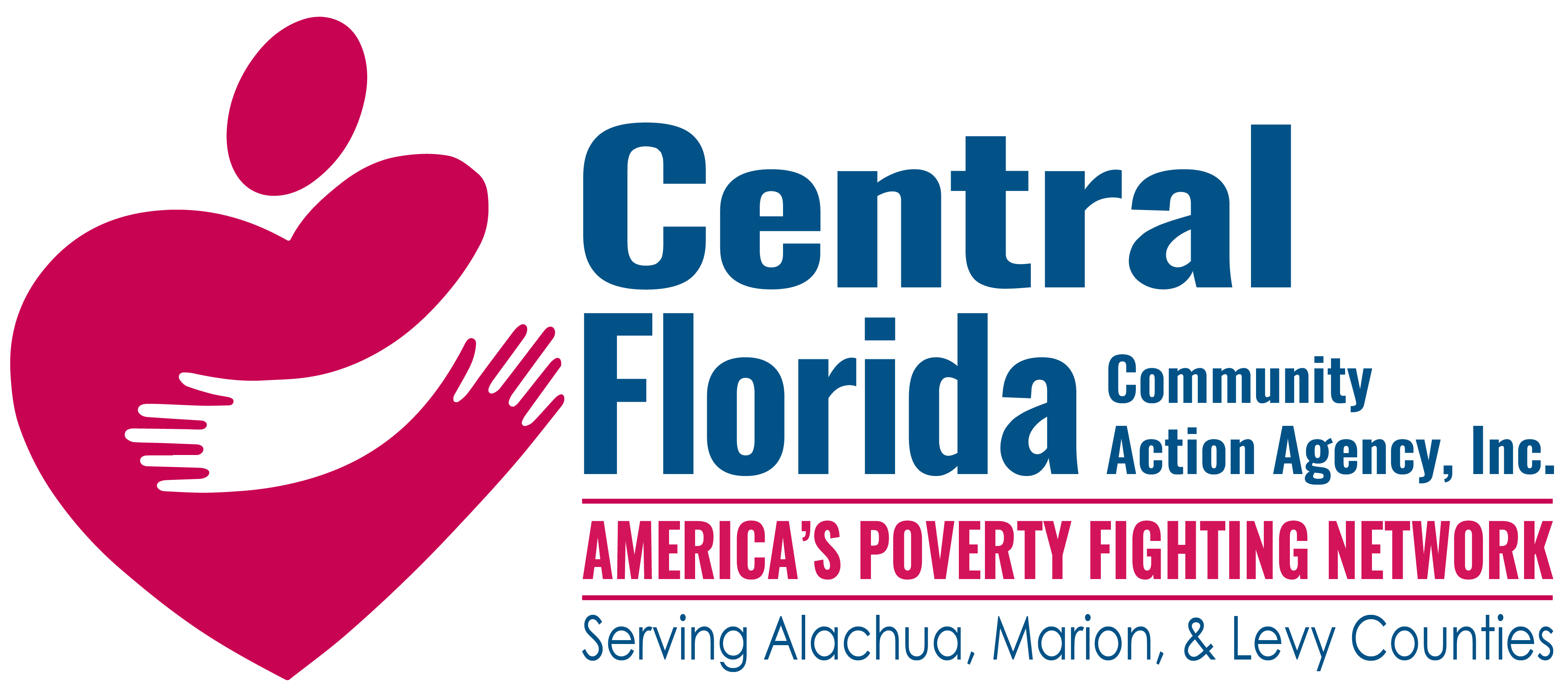

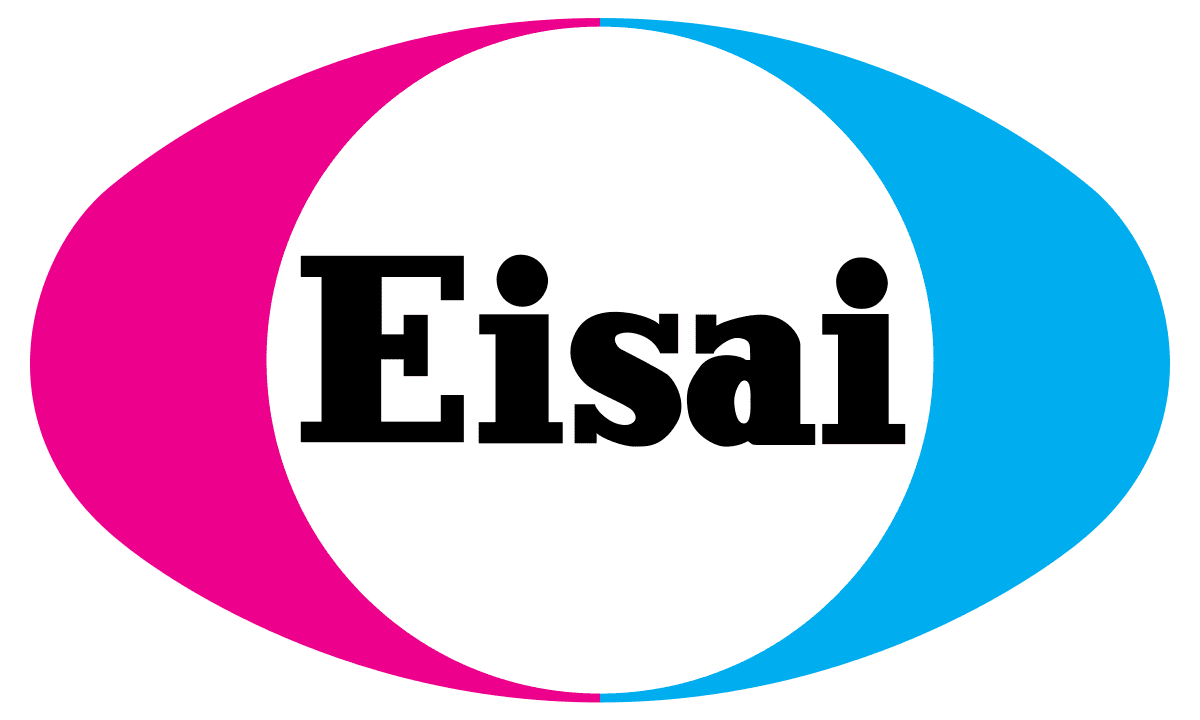
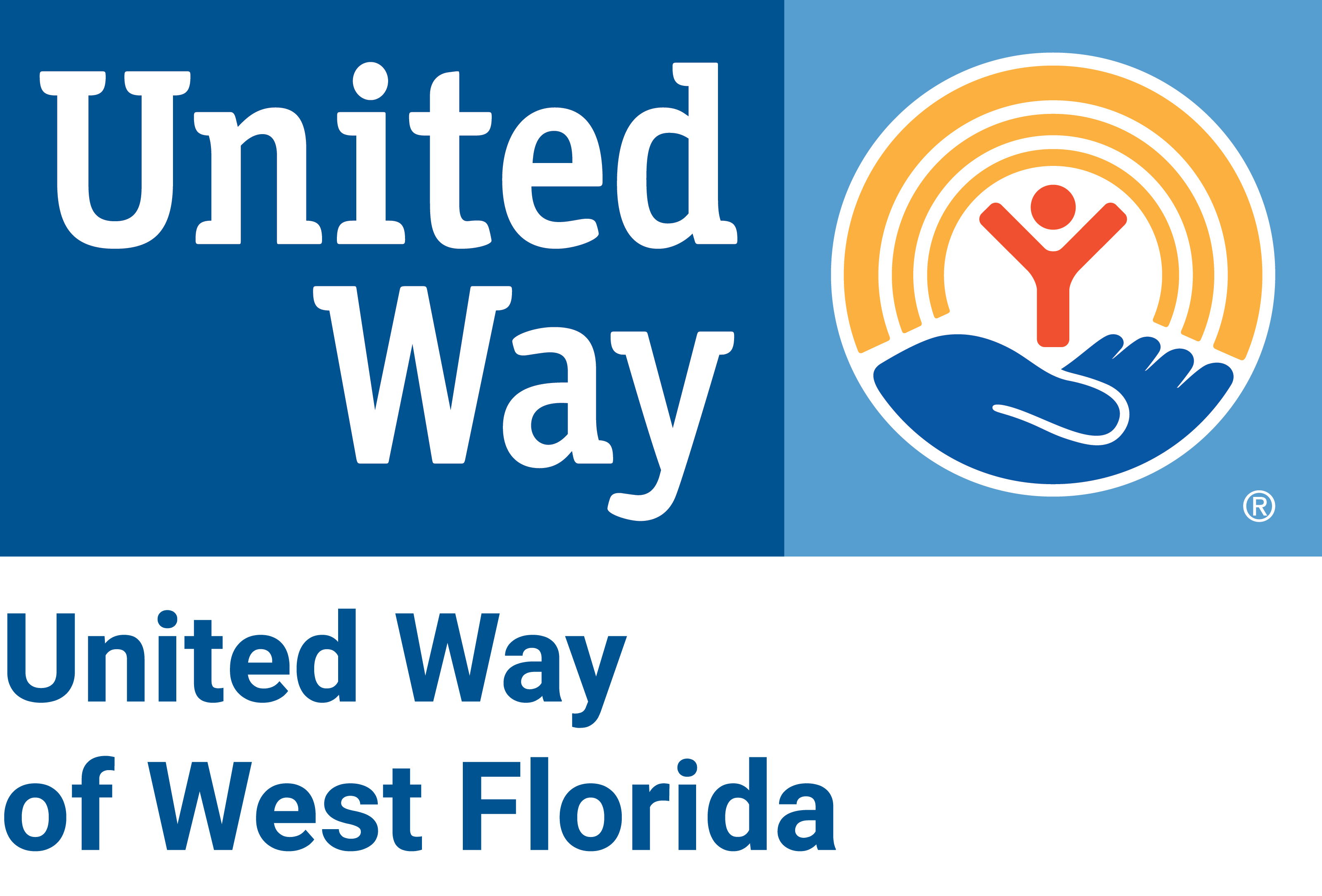
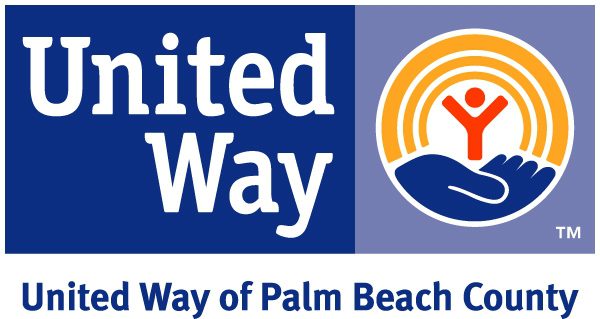
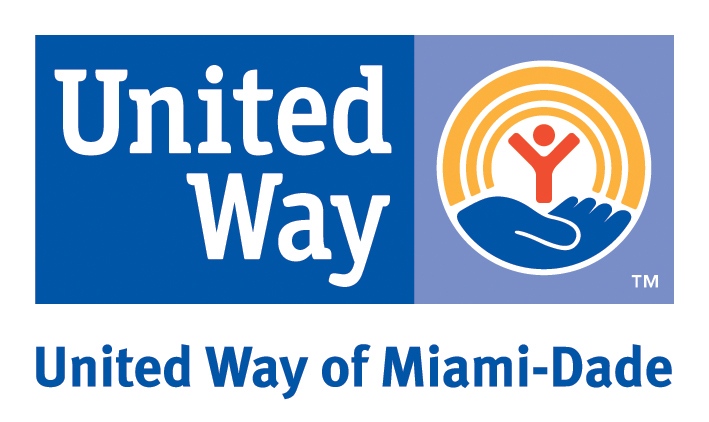































© 2024 Epilepsy. All Rights Reserved